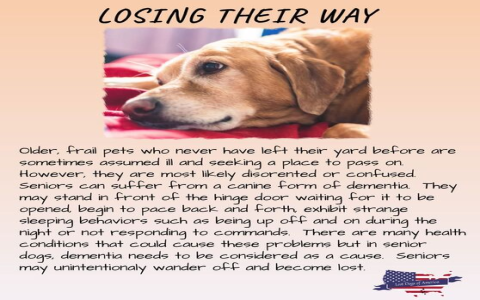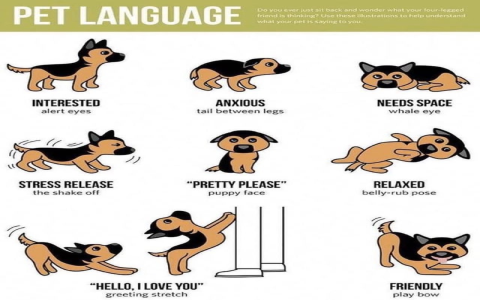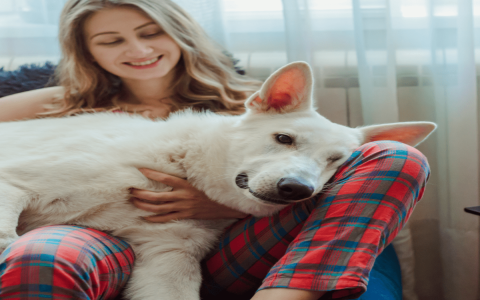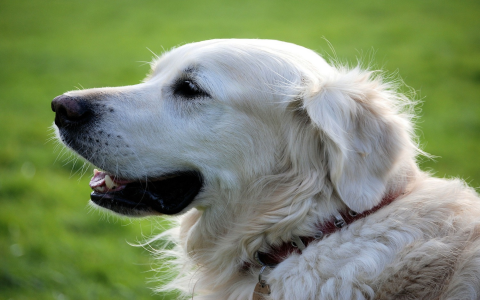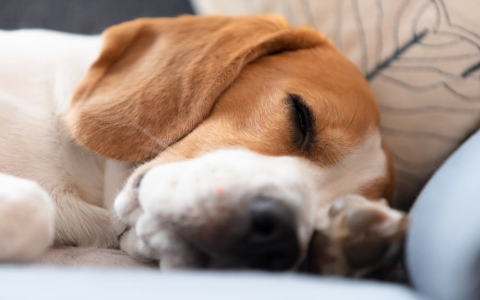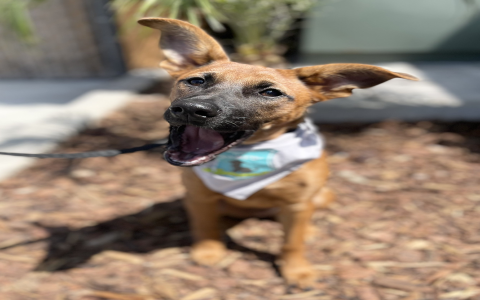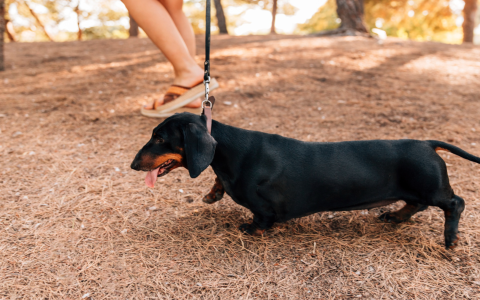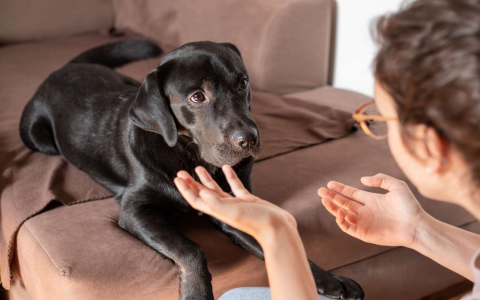Why does my elderly dog pace? Explore the top 5 common reasons for this senior dog behavior.
Alright, let's talk about this pacing thing. My old dog, bless his heart, started doing it a while back. Just walking back and forth, back and forth. Mostly at night, but sometimes during the day too. At first, I figured, okay, he's old, maybe he's just a bit restless. Didn't think too much of it.
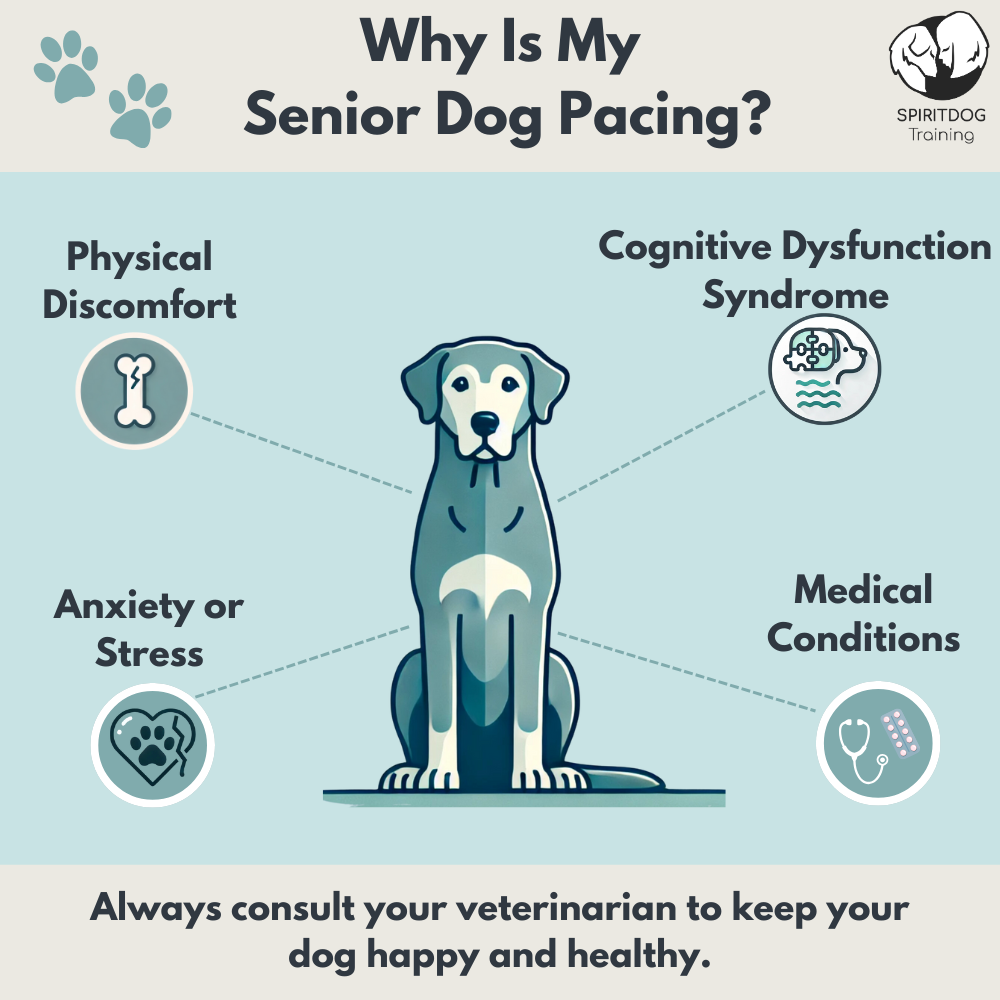
But it kept going. And honestly? It started driving me a little nuts. More importantly, it made me worry. Was he uncomfortable? In pain? Lost? He’d just wander, kinda aimlessly, sometimes bumping into things he normally wouldn't. It wasn't his usual "I need to pee" dance, this was different. More persistent. Felt like something was off.
So, I started watching him closer. Tried to see if there was a pattern. Was it before meals? After walks? When the house was quiet? Honestly, it seemed pretty random, which worried me more. I tried the obvious stuff first. Made sure he went outside more often, thinking maybe it was potty related. Nope. Tried spending more time playing with him, thinking maybe boredom. Didn't stop it. Adjusted his feeding times. Nothing.
It got to the point where I was losing sleep because he was pacing all night. You feel helpless, you know? Seeing your buddy like that. I started reading stuff online, which, let me tell you, can freak you out pretty good. Everything from brain tumors to just plain old doggy dementia.
Time for the Vet
Decided enough was enough. Made an appointment with the vet. Went in there and basically laid it all out. Told her how long it'd been happening, what it looked like, what I'd already tried. She was good, listened to everything. Then she gave him a really thorough check-up. Felt his joints, looked at his eyes, asked a ton of questions about his eating, drinking, sleeping habits – the works.
She mentioned a few possibilities. Could be pain, like arthritis acting up, making him unable to get comfortable. Could be anxiety, older dogs sometimes get more anxious. Or it could be something called cognitive dysfunction – kinda like Alzheimer's in dogs. Basically, their brain isn't working like it used to. She also made sure it wasn't something more immediate like needing the toilet or being hungry, but we'd kinda ruled that out already.
- Pain: Especially joints.
- Anxiety: Changes in routine, environment, or just age.
- Doggy Dementia (CDS): Confusion, changes in sleep, getting lost.
- Needing Something: Like food, water, or potty break.
Figuring Out What Helps
Based on her exam, she thought arthritis was definitely part of it, his back legs seemed stiff. But the pacing pattern also sounded a lot like that cognitive dysfunction thing. So, we decided on a two-pronged approach. Started him on some pain relief for the arthritis. See if making him more comfortable helped.
We also made some changes at home. Put up a couple of baby gates to limit his wandering space at night, so he wouldn't get 'lost' in the house. Added a nightlight near his bed. Tried to keep his routine super consistent. Same walk times, same feeding times. The vet mentioned some supplements that might help with brain function, so we added those too. It felt like throwing spaghetti at the wall, hoping something would stick.
You know, it reminded me of when my old car started acting up. One thing after another. You fix the alternator, then the fuel pump goes. You patch one leak, another springs up. It's that feeling of trying to hold back time, knowing you can't really win, but you do what you can. Costs a fortune too, both the car and the dog care, let me tell ya.
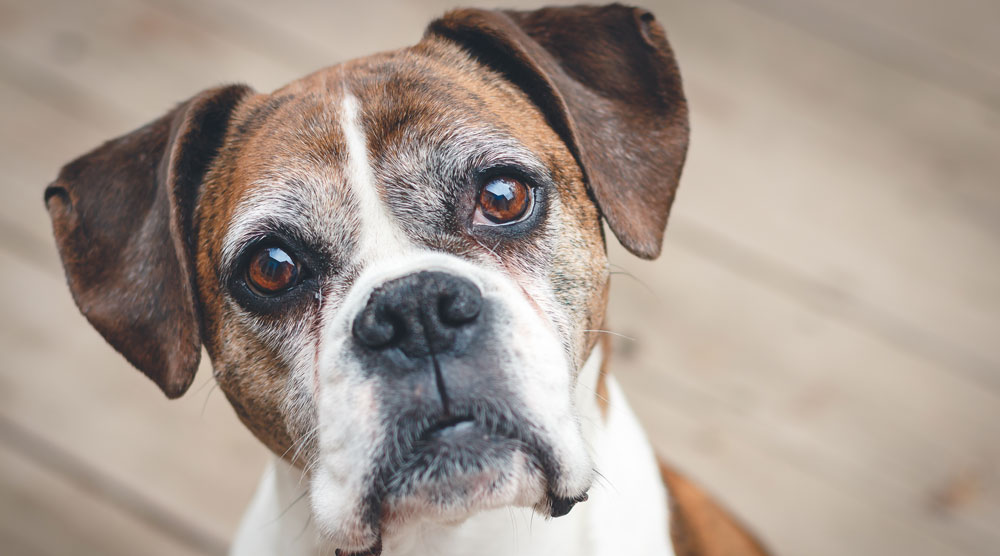
So, how's he doing now? Well, the pacing hasn't stopped completely. But it's definitely better. The pain meds seem to help him settle more easily. Keeping the routine tight seems important too. Some nights he still wanders a bit, but it's not the frantic, endless pacing it was before. He seems calmer overall. It's not a magic fix, more like managing the situation. Part of having an old friend, I guess. You just do what you can to keep them comfortable and happy for as long as you've got them.
